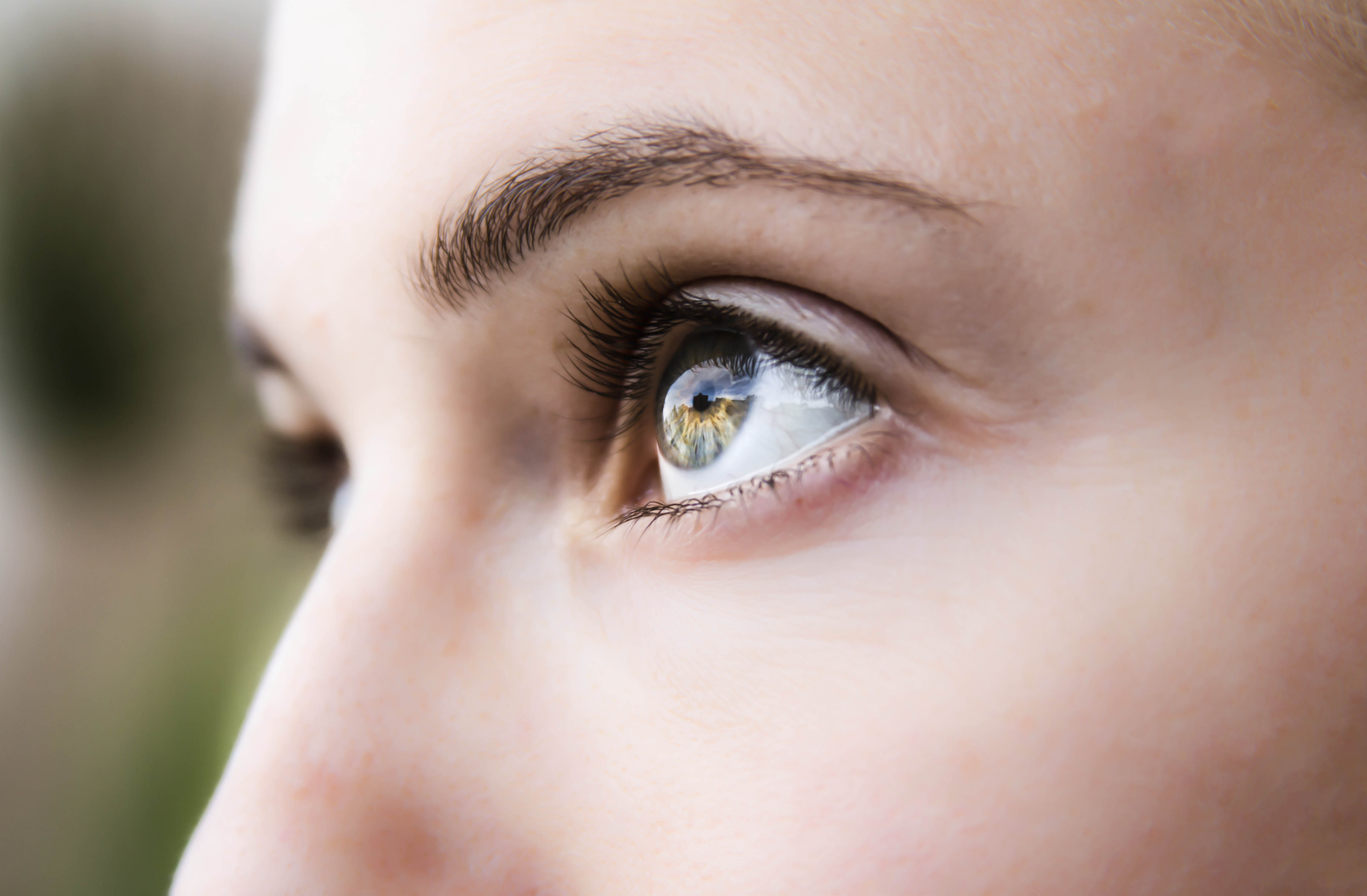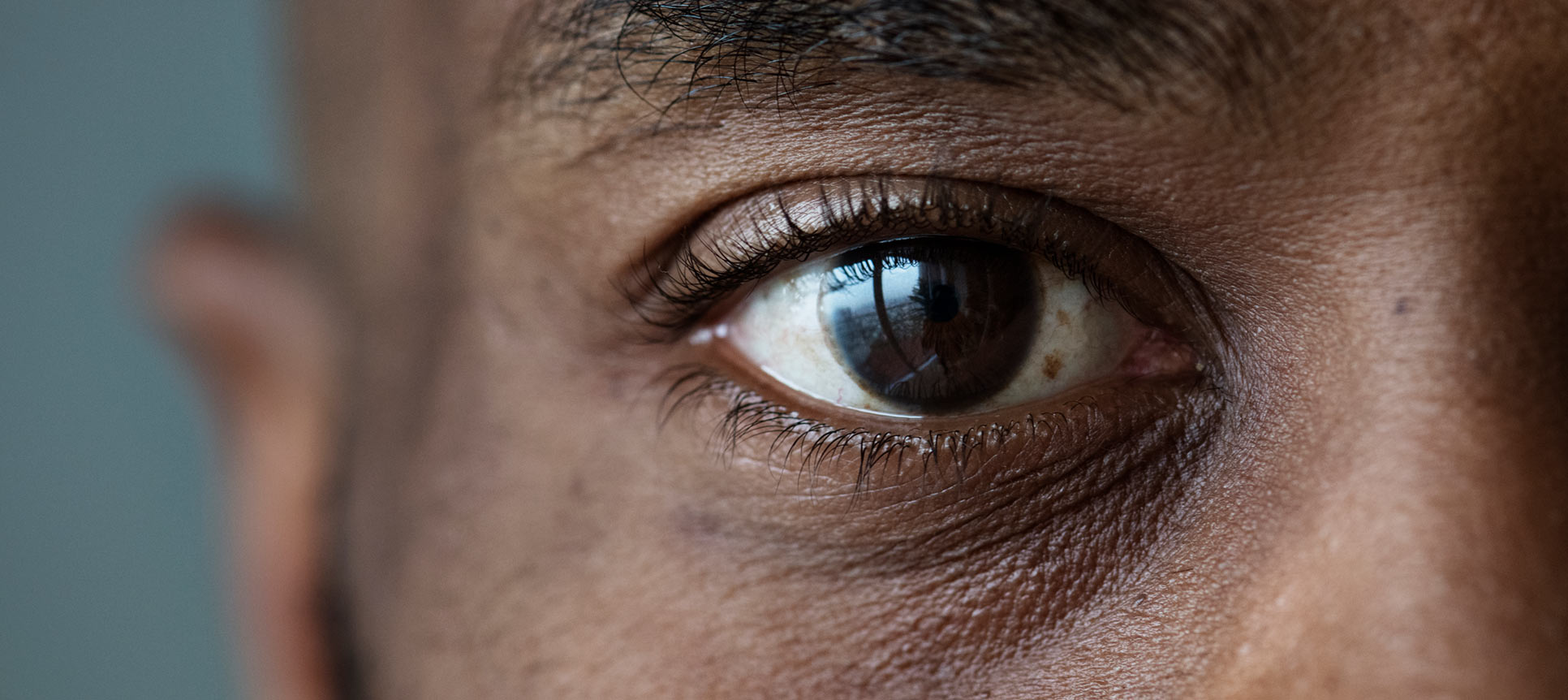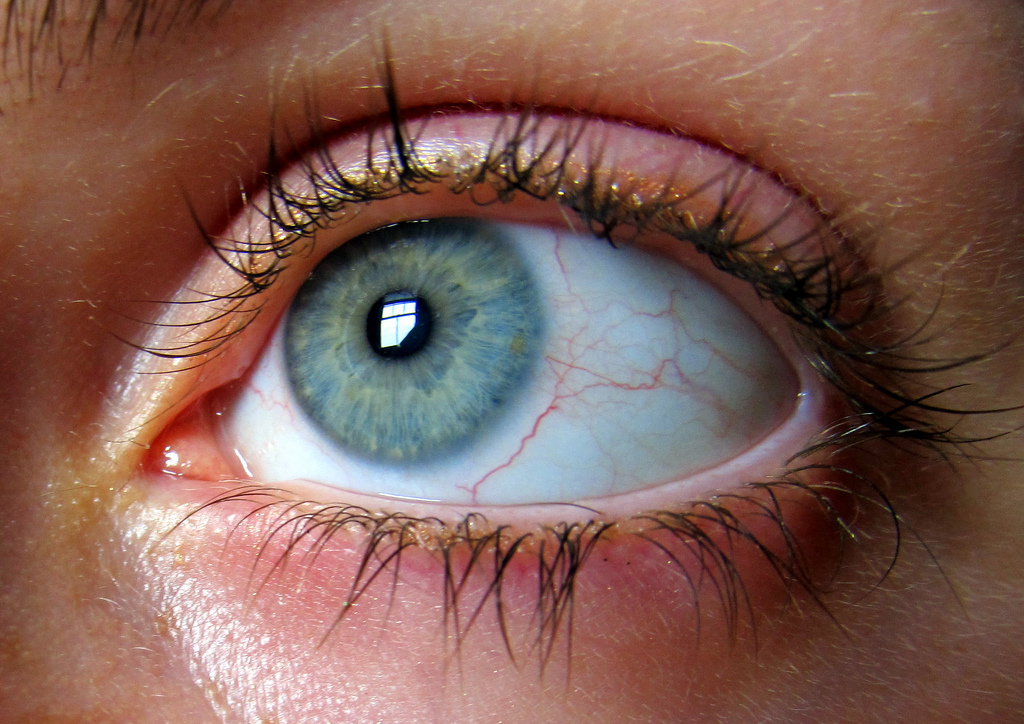:max_bytes(150000):strip_icc()/GettyImages-1176128997-2d29df053c2043b0897cfd3ba4d71e21.jpg)
Have you ever noticed small specks or clouds moving in your field of vision? These are called floaters, and they are a common eye condition that many people experience at some point in their lives.
What Are Floaters?

Floaters are small spots or specks that appear in your vision, usually when you look at a bright, plain surface such as a white wall or blue sky. They are caused by tiny clumps of cells or protein inside the vitreous, the clear gel-like substance that fills the inside of your eye.
As you age, the vitreous becomes more liquid and can shrink or pull away from the retina, the part of the eye that detects light and sends signals to the brain. When this happens, the clumps of cells or protein can cast shadows on the retina, causing floaters to appear in your vision.
Types of Floaters

There are several types of floaters, including:
- Black dots or specks
- Gray or white dots or specks
- Transparent or translucent strands
- Cobwebs or strings
- Small, dark shapes that move in your vision
The size, shape, and location of floaters can vary from person to person.
Are Floaters Harmful?

Most floaters are harmless and don't require treatment. However, if you suddenly develop a lot of floaters or see flashes of light, it could be a sign of a more serious condition such as a retinal tear or detachment. These conditions can cause permanent vision loss if not treated promptly.
If you experience a sudden onset of floaters or flashes of light, it's important to see an eye doctor right away.
When to See a Doctor

You should see an eye doctor if you experience any of the following:
- A sudden increase in the number of floaters
- Flashes of light
- A shadow or curtain in your vision
- Loss of peripheral (side) vision
- A sudden decrease in vision
These symptoms could be a sign of a serious eye condition that requires prompt treatment.
Diagnosis and Treatment

If you see an eye doctor for floaters, they will perform a comprehensive eye exam to determine the cause and severity of your symptoms. They may use special imaging tests such as ultrasound or optical coherence tomography (OCT) to get a better look at the inside of your eye.
If your floaters are causing significant vision problems or are accompanied by flashes of light, your doctor may recommend a procedure called vitrectomy. This involves removing the vitreous and replacing it with a clear solution.
Prevention

There is no sure way to prevent floaters, but there are some steps you can take to reduce your risk:
- Protect your eyes from injury by wearing safety glasses when working with tools or playing sports
- Maintain a healthy lifestyle by eating a balanced diet, exercising regularly, and not smoking
- Get regular eye exams to detect and treat eye conditions early
Conclusion
Floaters are a common eye condition that many people experience at some point in their lives. While most floaters are harmless, sudden changes in your vision could be a sign of a more serious eye condition that requires prompt treatment. If you experience any unusual symptoms, it's important to see an eye doctor right away.